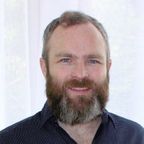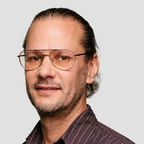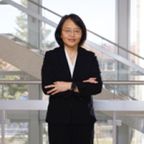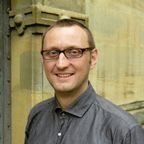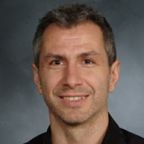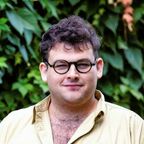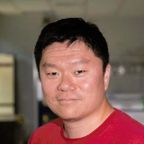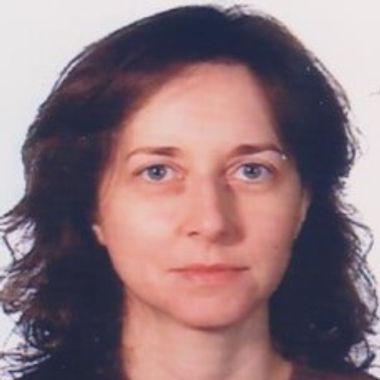Maximilia Frazão de Souza Degenhardt
National Institutes of Health (NIH), MD, USA
Maximilia Frazão de Souza Degenhardt is a physicist and postdoctoral fellow at the National Cancer Institute (NCI), National Institutes of Health (NIH), where she conducts research in the Center for Structural Biology within the Center for Cancer Research. Her work focuses on RNA structure and conformational dynamics, with an emphasis on developing integrative experimental and computational methodologies to characterize highly dynamic and heterogeneous RNA molecules under physiologically relevant conditions.
She received her training in physics and biophysics in Brazil and Germany, earning a Ph.D. in Physics from the University of São Paulo and completing a research internship at the Technical University of Munich. Her scientific background spans solution and integrative structural biology approaches, including small-angle X-ray scattering (SAXS), nuclear magnetic resonance (NMR), molecular dynamics simulations, atomic force microscopy (AFM), and cryo-electron microscopy (cryo-EM).
As a postdoctoral fellow at the NIH, Dr. Degenhardt has played a central role in advancing AFM-based approaches for RNA structural biology. She is the developer of HORNET, a novel framework that integrates AFM imaging with unsupervised machine learning and deep neural networks to determine structures of individual RNA conformers and to map RNA conformational landscapes.
Her current research integrates AFM, cryo-EM, molecular simulations, and artificial intelligence with complementary biophysical techniques to bridge RNA structure, dynamics, and function, particularly in biologically and medically relevant systems. She is also actively engaged in mentoring and interdisciplinary collaborations and aims to develop next-generation tools for studying complex RNA and RNA–protein assemblies relevant to cancer and human health.
